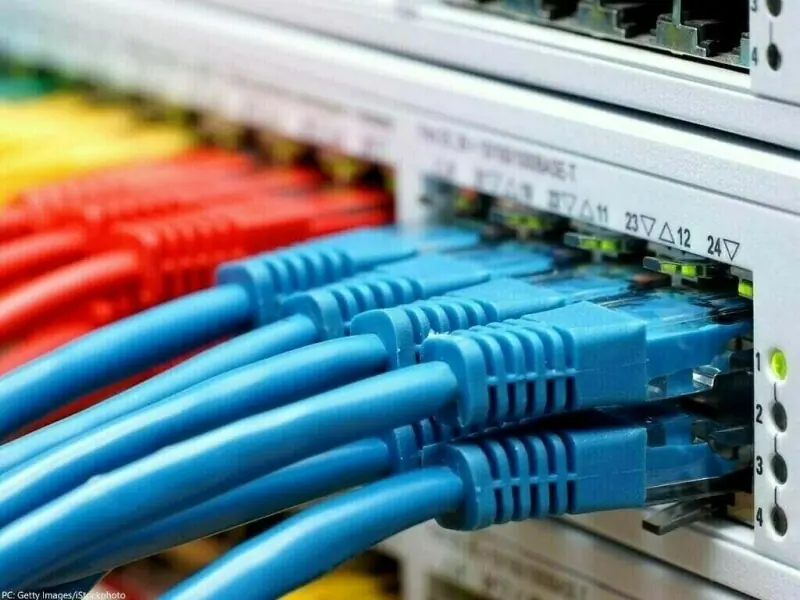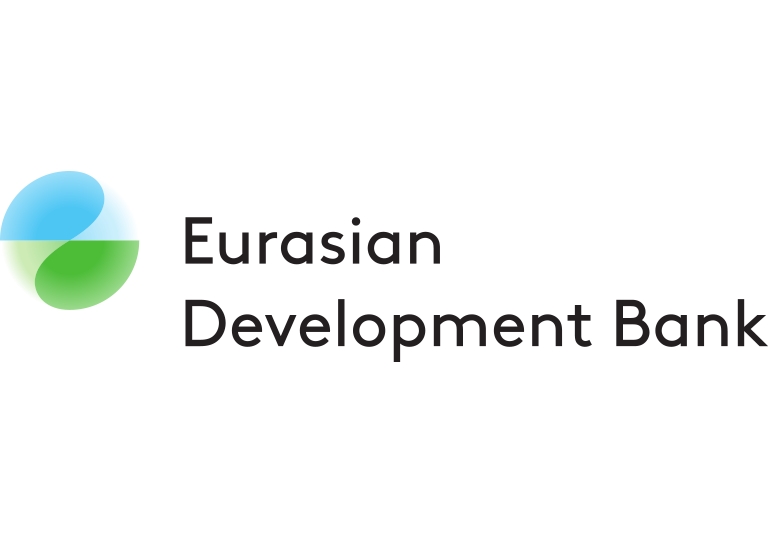By Gohar Ali Khan
Copyright brecorder

KARACHI: Pakistan’s digital economy has been facing poor internet services and poor mobile phone signals because of disruptions in international submarine cable systems and lack of proper investment in mobile phone networks. Telecom and IT sector experts have called for a pragmatic and proactive national policy to fix the issues.
Wireless and Internet Service Providers Association of Pakistan (WISPAP) Chairman Shahzad Arshad said, “This long-neglected issue shows the fragility of Pakistan’s connectivity.“
“The lack of competition in gateways, overdependence on submarine cables, and weak national policy combine to create recurring disruptions. Without immediate reforms, Pakistan’s digital economy will continue to suffer, impacting businesses, education, healthcare, and national security,” he told Business Recorder.
Understanding the issue
According to reports and sources, at least four or five cables have been affected off the coast of Yemen. A significant submarine cable system SMW4 has been reported as affected by outages near the Red Sea. Another cable system IMEWE is also reportedly impacted by outages. It may take another two weeks to fix the faulty cables.
There are now eight international submarine cable systems connecting Pakistan: SMW3, SMW4, SMW5, PEACE, AAE-1, IMEWE, TW1 and Orient Express.
Meanwhile three international gateways – physical and logical infrastructure that connects a country’s domestic internet networks to the global internet – serve the country: PIE (Pakistan Internet Exchange), TW1 (Transworld Associates) and PEACE (Pakistan East Africa connecting Europe).
These gateways and cables carry almost all international internet traffic, making them the lifeline of Pakistan’s connectivity and economy.
Arshad said Pakistan must invest in alternative routes, local internet exchanges, and satellite backups to avoid full dependence on a few undersea cables. A coordinated approach between the government, regulator, and private sector is needed. Emergency capacity should be reserved for cities like Karachi, Lahore, Faisalabad and Rawalpindi Islamabad to ensure continuity.
‘Govt lacks initiative’
He also said the government is not deliberately ignoring the issue, but lacks a proactive national digital policy. There is limited planning for disaster recovery in telecom infrastructure. Stronger oversight, regulatory pressure, and investment in redundant systems are required to avoid repeated failures in the country’s business hub.
Speaking about poor mobile phone signals, he said service providers are struggling with rising international bandwidth costs, heavy taxation, and lack of long-term infrastructure investment.
Instead of reinvesting profits into network upgrades, most rely on pricing changes to cover costs. At the same time, people have lost purchasing power. Calling packages are less popular as people prefer to use WhatsApp and similar mediums to cut cost. Strong regulation and consumer protection laws must compel operators to improve quality before increasing tariffs.
Telecom and IT Sector expert and analyst Pervez Iftikhar said mobile service is bad because operators are not investing in infrastructure. This may be due to two reasons; a lack of ease of doing business in the country and because of very high taxation.
It is also because the average revenue per user in Pakistan is one of the lowest in the world. On one hand it is good for the consumers but on the other side it is bad for investors. This is a regulatory issue.
He also said the prices of mobile service packages have not risen in sync with the rising inflation in the country during the last three years. The prices – if anything – are too low, which do not leave enough with the investors to plough back into the networks.
The impact on IT exports
Meanwhile IT and Telecom expert Dr Noman Ahmed Said said the internet is the backbone for any technology related business, and is crucial as Pakistan’s IT & IT-enabled services exports grow.
Slow internet can erode client confidence in this hard-won momentum. Pakistan’s highest losses from internet disruptions in 2024 is estimated to be approximately $1.6 billion. Connectivity in technology impact for investment and for a reason investments in technology is modest, it at times also affects data privacy
When it comes to the needs of the country, he said the fact that families and Small and Medium-sized Enterprises (SMEs) pay for multiple connections is itself an inefficiency signal.
“Reliable, fast, and transparently measured internet is not a luxury, it is Pakistan’s export engine room and an foreign direct investment (FDI) prerequisite.“
His recommendations are to “treat outages and throttling as macroeconomic risks; enforce truth-in-bandwidth; and build resilience so out entrepreneurs and engineers can compete. Connectivity is the new currency of competitiveness.”
IT exporter and Hexalyze CEO Saad Shah said slow internet is affecting business continuity and credibility for the last many weeks, causing hardships to professionals working for foreign clients.
IT companies, startups and fintech operators have adopted the hybrid working model to facilitate their staff members including female and physically-challenged professionals, however, many companies are not switching back to the old model due to poor internet services available to their staff members at home.
He also pointed out that the freelancers’ community, remote workers, and students of different subjects depending on mobile internet services are also facing connectivity issues, which is causing their loss of time and inconvenience.



